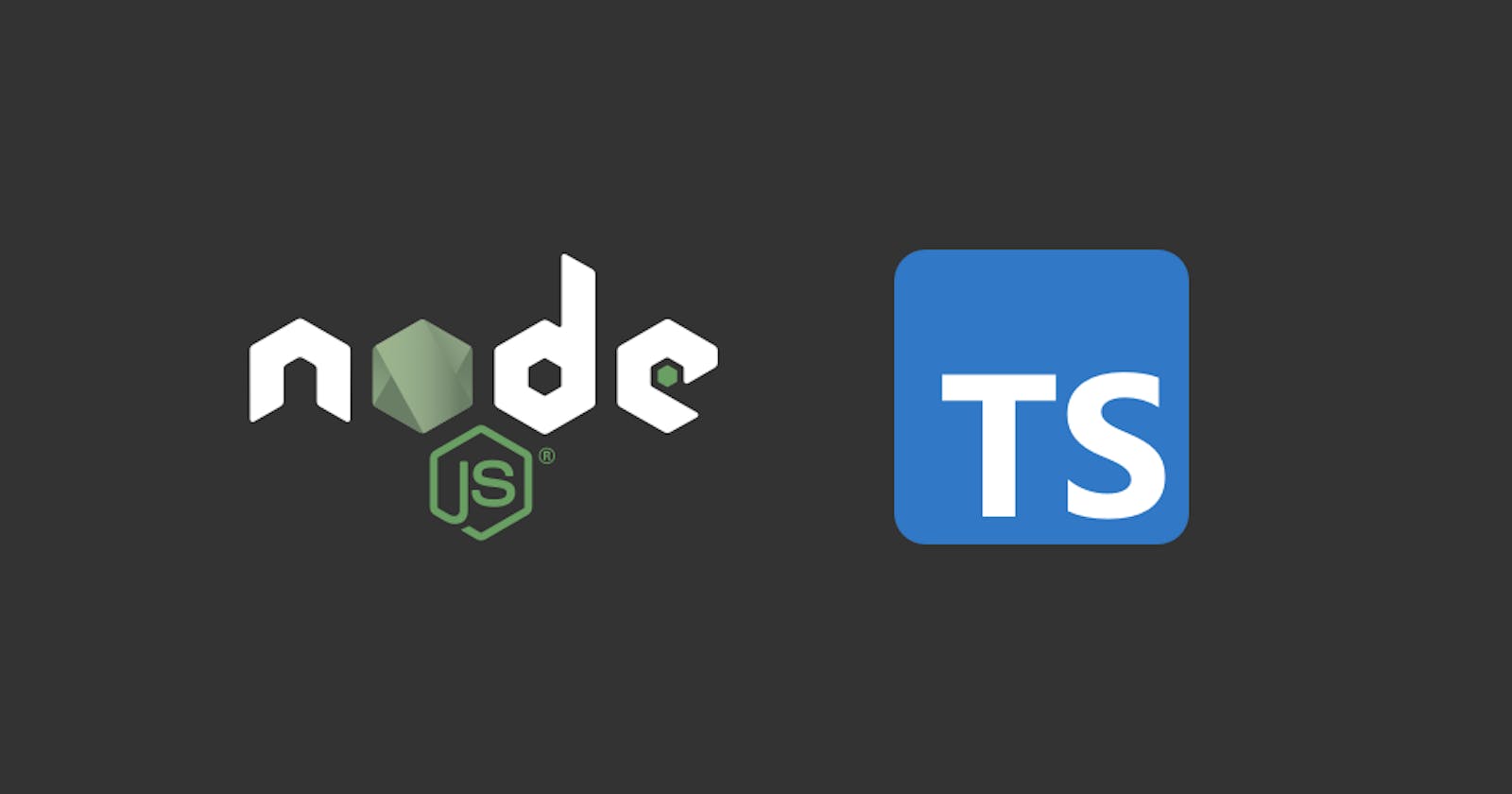Table of contents
No headings in the article.
Introduction
In the world of server-side JavaScript development, Node.js has become a dominant force, enabling developers to build high-performance applications. However, as projects grow in complexity and scale, maintaining code quality and reducing errors becomes increasingly challenging. This is where TypeScript enters the scene as a crucial tool for improving the reliability, maintainability, and scalability of Node.js projects. In this article, we will explore why it is essential to use TypeScript in Node.js projects.
- Strong Typing Enhances Code Quality
One of the primary benefits of TypeScript is its strong typing system. Unlike JavaScript, which is dynamically typed, TypeScript allows developers to define data types for variables, function parameters, and return values. This added layer of type safety helps catch type-related errors at compile-time rather than at runtime, leading to fewer bugs and improved code quality.
Consider this example in JavaScript:
function add(a, b) {
return a + b;
}
In TypeScript, you can explicitly specify the types:
function add(a: number, b: number): number {
return a + b;
}
With TypeScript, you'll immediately spot errors like passing a non-numeric value to the add function during development, preventing runtime issues.
- Improved Code Readability and Maintainability
TypeScript promotes better code organization and documentation by enforcing type annotations. This helps developers understand the expected data structures and function signatures without needing to dig through the code. In larger Node.js projects, this clarity significantly contributes to code maintainability and collaboration among team members.
TypeScript also encourages the use of interfaces and custom types, making it easier to define and manage complex data structures. This not only enhances code readability but also simplifies refactoring and reduces the likelihood of introducing regressions.
- Enhanced Tooling and IDE Support
TypeScript integrates seamlessly with modern Integrated Development Environments (IDEs) such as Visual Studio Code. IDEs that support TypeScript provide features like auto-completion, intelligent code navigation, and instant error feedback. These features streamline development, reduce debugging time, and enhance the overall developer experience.
Additionally, TypeScript's static analysis capabilities enable the IDE to offer better code suggestions and refactorings, further accelerating development.
- Scaling Node.js Projects with Confidence
As Node.js projects grow in size and complexity, maintaining code quality becomes paramount. TypeScript's strong typing helps prevent common errors and aids in catching issues early in the development process. This ensures that your application remains reliable and maintainable even as it scales.
Moreover, TypeScript's type checking empowers developers to confidently make changes to their codebases, knowing that the compiler will catch any discrepancies. This encourages iterative development and faster feature delivery.
Conclusion
In the ever-evolving landscape of web development, TypeScript has emerged as an indispensable tool for Node.js projects. Its strong typing system, enhanced code readability, IDE support, and scalability benefits make it a valuable choice for developers aiming to create robust and maintainable server-side applications. By embracing TypeScript, Node.js projects can achieve higher code quality, fewer errors, and increased developer productivity, ultimately leading to more successful and sustainable applications.
